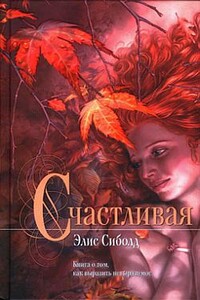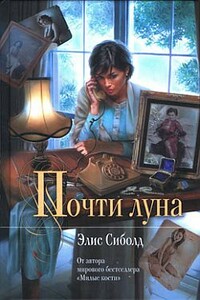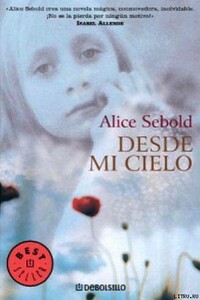“Let’s find an exit, then.”
They found a door to a small concrete balcony near my father’s room. It was a service balcony for a heating unit, so even though it was cramped and slightly chilly, the noise and the hot exhaust of the humming hydrant beside them shut them into a capsule that felt far away. They smoked cigarettes and looked at each other as if they had suddenly and without preparation moved on to a new page, where the pressing business had already been highlighted for prompt attention.
“How did your wife die?” my mother asked.
“Suicide.”
Her hair was covering most of her face, and watching her I was reminded of Clarissa at her most self-conscious. The way she behaved around boys when we went to the mall. She would giggle too much and flash her eyes over at them to see where they were looking. But I was also struck by my mother’s red mouth with the cigarette going up and away from it and smoke trailing out. I had seen this mother only once before – in the photograph. This mother had never had us.
“Why did she kill herself?”
“That’s the question that preoccupies me most when I’m not preoccupied by things like your daughter’s murder.”
A strange smile came across my mother’s face.
“Say that again,” she said.
“What?” Len looked at her smile, wanted to reach out and trace the corners of it with his fingertips.
“My daughter’s murder,” my mother said.
“Abigail, are you okay?”
“No one says it. No one in the neighborhood talks about it. People call it the ‘horrible tragedy’ or some variation on that. I just want it to be spoken out loud by somebody. To have it said aloud. I’m ready – I wasn’t ready before.”
My mother dropped her cigarette onto the concrete and let it burn. She took Len’s face in her hands.
“Say it,” she said.
“Your daughter’s murder.”
“Thank you.”
And I watched that flat red mouth move across an invisible line that separated her from the rest of the world. She pulled Len in to her and slowly kissed him on the mouth. He seemed to hesitate at first. His body tensed, telling him NO, but that NO became vague and cloudy, became air sucked into the intake fan of the humming hydrant beside them. She reached up and unbuttoned her raincoat. He placed his hand against the thin gauzy material of her summer gown.
My mother was, in her need, irresistible. As a child I had seen her effect on men. When we were in grocery stores, stockers volunteered to find the items on her list and would help us out to the car. Like Ruana Singh, she was known as one of the pretty mothers in the neighborhood; no man who met her could help but smile. When she asked a question, their beating hearts gave in.
But still, it had only ever been my father who stretched her laughter out into the rooms of the house and made it okay, somehow, for her to let go.
By tacking on extra hours here and there and skipping lunches, my father had managed to come home early from work every Thursday when we were little. But whereas the weekends were family time, they called that day “Mommy and Daddy time.” Lindsey and I thought of it as good-girl time. It meant no peeps out of us as we stayed quiet on the other side of the house, while we used my father’s then sparsely filled den as our playroom.
My mother would start preparing us around two.
“Bath time,” she sang, as if she were saying we could go out to play. And in the beginning that was how it felt. All three of us would rush up to our rooms and put on bathrobes. We would meet in the hallway – three girls – and my mother would take us by the hands and lead us into our pink bathroom.
Back then she talked to us about mythology, which she had studied in school. She liked to tell us stories about Persephone and Zeus. She bought us illustrated books on the Norse gods, which gave us nightmares. She had gotten her master’s in English – having fought tooth and nail with Grandma Lynn to go so far in school – and still held on to vague ideas of teaching when the two of us were old enough to be left on our own.
Those bath times blur together, as do all the gods and goddesses, but what I remember most is watching things hit my mother while I looked at her, how the life she had wanted and the loss of it reached her in waves. As her firstborn, I thought it was me who took away all those dreams of what she had wanted to be.







